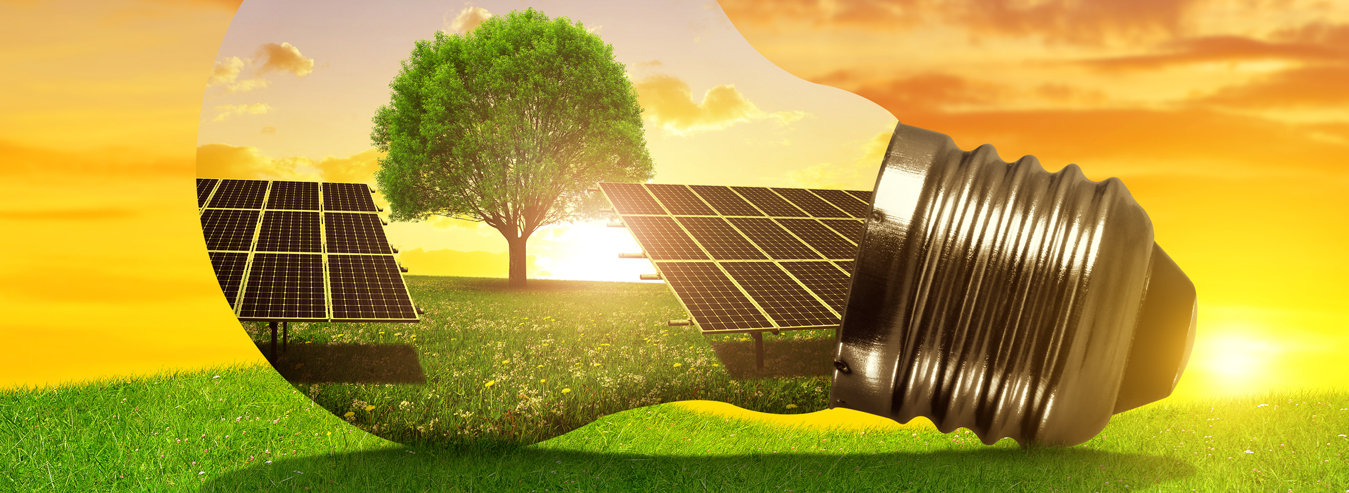This Never – ending, Non-polluting renewable source of energy saves money on your electricity bills and acts as a hedge against rising electricity tariffs. It also acts as source of revenue generation through Net Metering Framework. Going solar has significant environmental impact. It is one of the most influential decisions a homeowner or Business owner can make who is concerned with the environment. Solar power contributes directly to tackle the problem of Global Warming and climatic changes as every solar system saves some amount of CO2 emission, which otherwise would have resulted from conventional resources.


